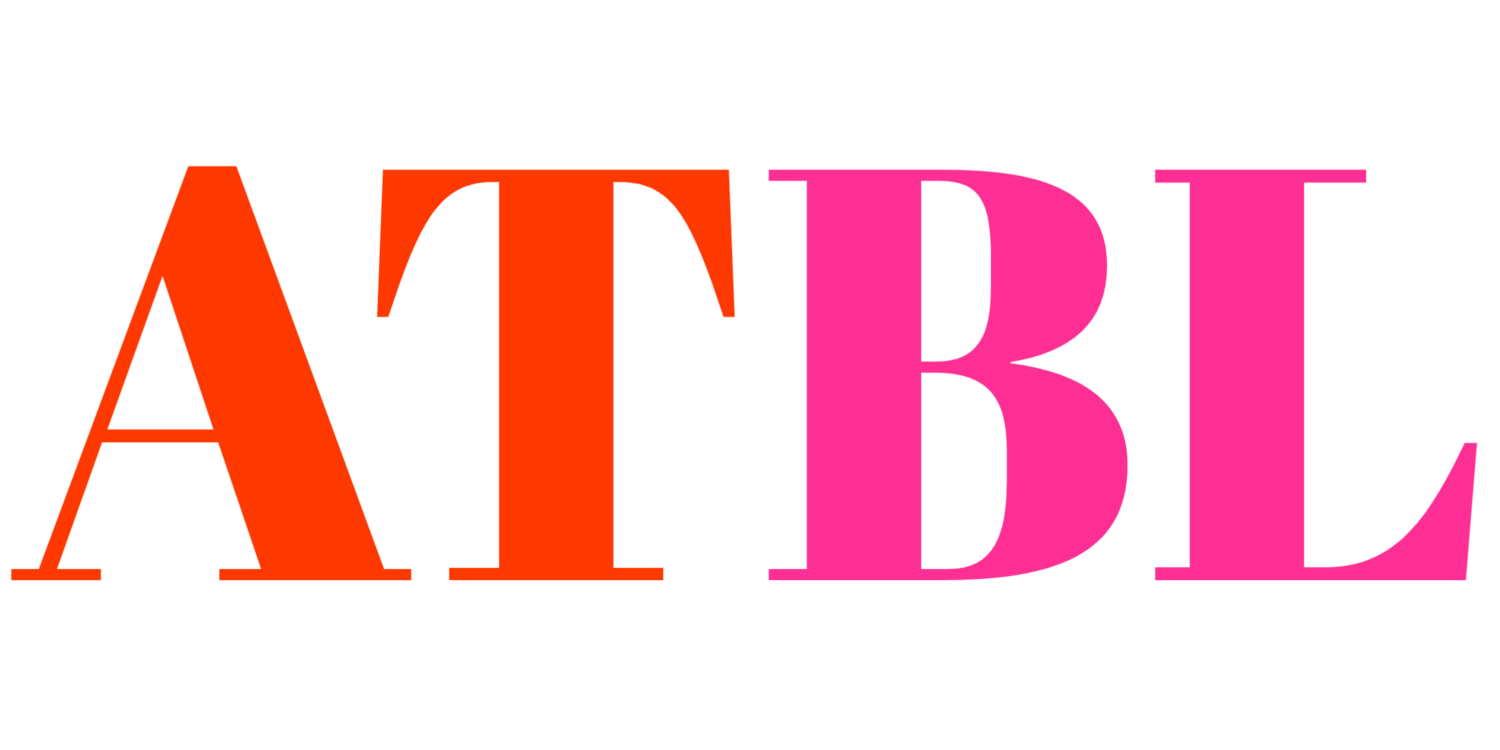Pronoun Policies: Lip Service or Life-Changing? - Introduction
This series discusses pronoun policies at the University of St Andrews. Pronoun policies have become a hot topic in discussions about gender identity and expression at academic institutions. This series uses the Actor Network Theory (ANT) to discuss the importance of pronouns in shaping the socio-material experience of students at university. Trigger Warning: This series contains a discussion of gender identity, expression, discrimination and abuse.
The series is broken into five parts; an introduction to gender pronouns and their importance, setting an academic framework, analysis in academic and non-academic environments, and critical evaluation and conclusion,
Society has progressed in recognising discrimination in 2020, through the development of the MeToo movement, Black Lives Matter, and many political issues. The University of St Andrews has made steps to identify inequality based on race, belief, background, gender, and sexuality. However, the University has yet to make meaningful explorations into the role of gender pronouns in university life. Gender pronouns play a prominent role in constructing gender identity and expression, issues that the current student cohort feel shape their life experience and reality.
This report will adopt Stonewall's (2020) definitions of the following terms:
Gender Identity: A person's innate sense of their own gender, whether male, female, or something else (see non-binary below), which may or may not correspond to the sex assigned at birth.
Gender Expression: How a person chooses to outwardly express their gender, within the context of societal expectations of gender. A person who does not conform to societal expectations of gender may not, however, identify as trans.
Non-binary: An umbrella term to describe people whose gender is not the same as, or does not sit comfortably with, the sex they were assigned at birth.
Transgender: An umbrella term to describe people whose gender is not the same as, or does not sit comfortably with, the sex they were assigned at birth.
Pronouns: An umbrella term to describe people whose gender is not the same as, or does not sit comfortably with, the sex they were assigned at birth.
These terms are often found in academic literature, learning environments, staff settings, and social environments within the university context. In all these environments, pronouns are essential for shaping the realities we encounter. Shaping this report are discussions of the academic and non-academic contexts in which gender pronouns affect identity. As a grammatical object, students and staff do not often consider their effects. This report follows a framing that highlights the importance of pronouns for the University and Union, and the students and staff they support.
Why are gender pronouns important?
As the representatives of St Andrews students, the Student Union and University need to appreciate those issues that shape student experiences. These include the use of gender pronouns in academic and non-academic settings.
This issue is sensitive because misgendering and mistaking pronouns is seen as a form of discrimination. Under the UK Equality Act (2010), consistent misgendering is considered a hate crime. Above all, misgendering can have a considerable impact on individuals' mental health and the wider LGBTQ+ community.
Other academic institutions have explored issues with gendered pronouns as part of broader policies to support students in their gender expression. Pronouns policies are no longer a controversial issue. The Union and University, which already have tolerant and anti-discriminatory policies on gender identity and expression, are best placed to explore the use of gender pronouns in St Andrews.
Sources
Equality Act 2010.7 [online] Available at: https://www.legislation.gov.uk/ukpga/2010/15/section/7 [Accessed 10 Dec. 2020].
Stonewall (2020). Glossary of terms. [online] Stonewall. Available at: https://www.stonewall.org.uk/help-advice/faqs-and-glossary/glossary-terms.
